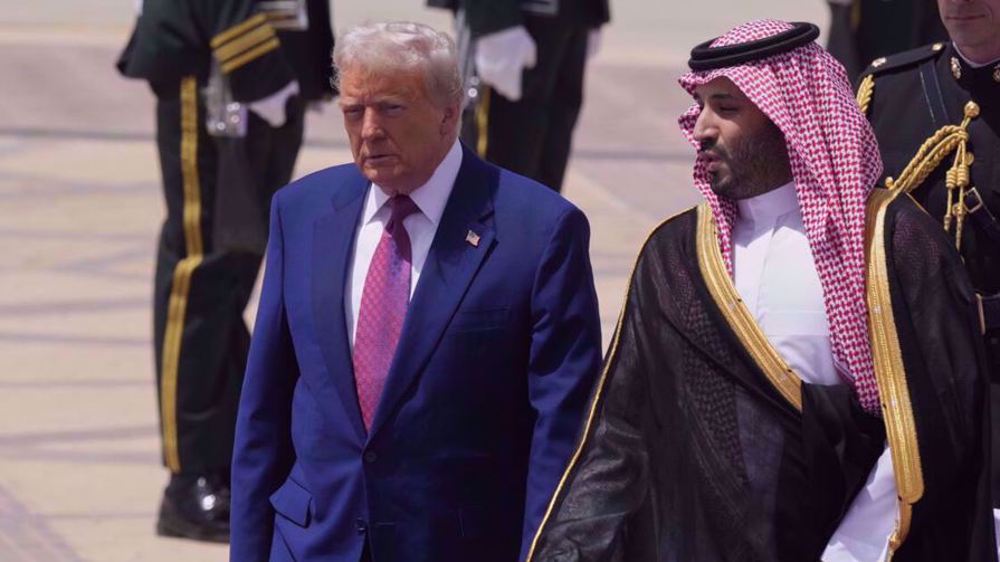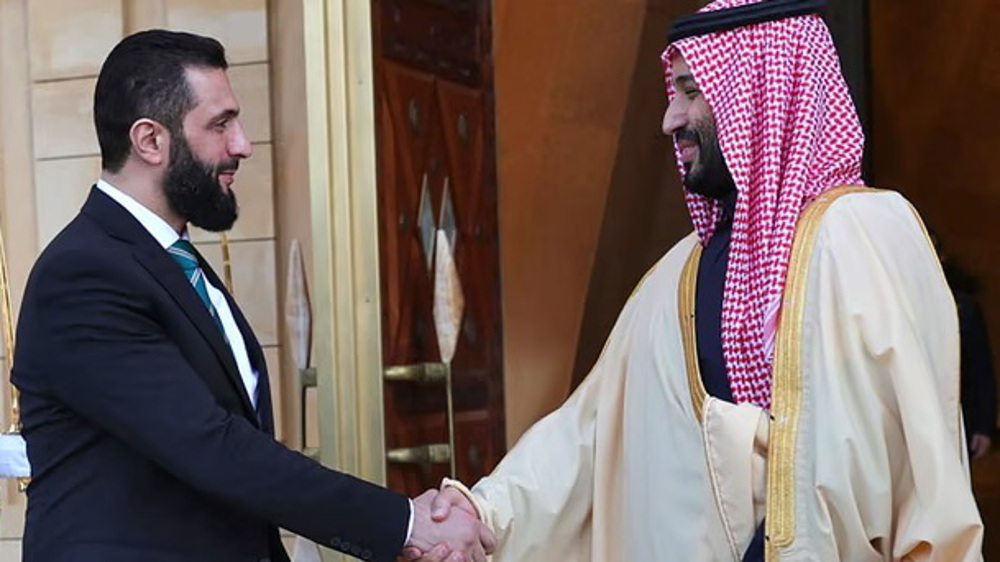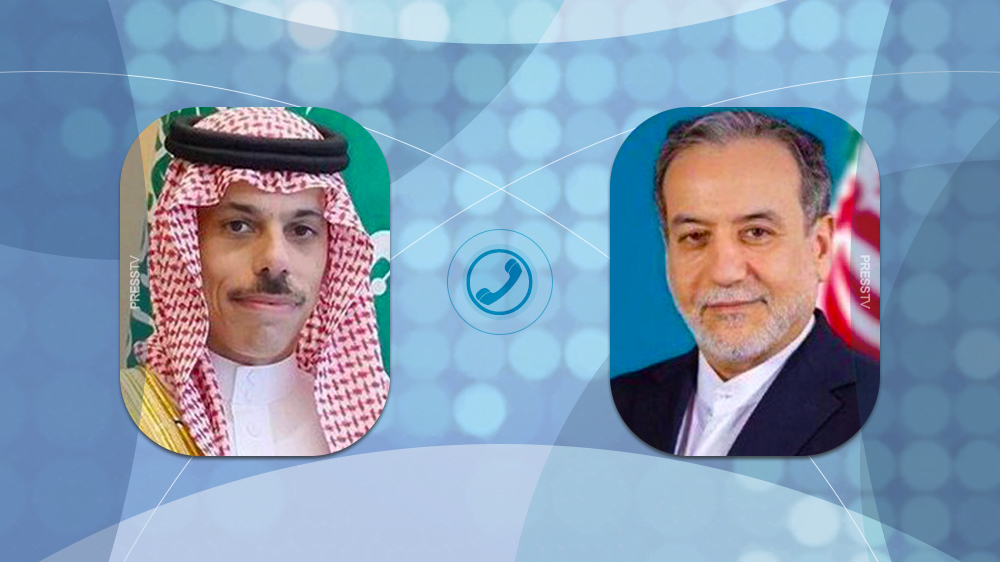Saudi court allows detained tycoon to settle debts under bankruptcy law
A court in Saudi Arabia has accepted an application by a detained and indebted Saudi billionaire and his company to have their case resolved through the kingdom's new bankruptcy law.
Last month, Maan al-Sanea, the owner of Saad Group, filed for settlement under the new law, which makes it easier for creditors to recover payments.
Saad, based in the city of Khobar in Saudi Arabia's Eastern Province, has interests from banking to healthcare. It defaulted together with another conglomerate, Ahmad Hamad al-Gosaibi and Brothers (AHAB), in 2009, leaving banks with unpaid debts of about $22 billion.
Some observers familiar with the case last year estimated Saad owed a debt of between $11 billion and $16 billion.
Saad’s financial adviser and two sources familiar with the matter told Reuters on Saturday that a commercial court in Dammam had approved the company’s application, the first filing, for financial reorganization under the terms of the Saudi bankruptcy law, which came into effect in August 2018.
The trustee, Saleh A. al-Naim, sent a notice, seen by Reuters, to creditors, announcing the beginning of the financial reorganization proceedings, and asked them to submit their claims within 90 days.
"This is a landmark step for all stakeholders since 2009," said Ahmed Ismail, the chief executive of Reemas Consultants, who was appointed as Saad's financial adviser in late 2017 to find a settlement with creditors.
"The regional and international creditors represent more than 85 percent of total debt, some of whom advised filing under the new bankruptcy law," he said.
The ruling could provide a settlement to one of the kingdom's longest-running and largest debt disputes. Such court rulings are not made public in Saudi Arabia.
"Given that it is more or less aligned with regional and international commercial law practices, the probability of its success is much higher," he said.
Until last year, the main options for standardization were liquidation or cash injection. The law prescribes more options and regulates procedures such as settlements and liquidation.
Sanea was detained in 2017 for what is said to be unpaid debts dating back to 2009 when his company, Saad Group, collapsed. He was a member of the 2007 Forbes Billionaires List.
Sanea's case is reportedly separate from the businessmen and royals rounded up in November 2017 in an alleged “anti-corruption campaign” spearheaded by Crown Prince Mohammed bin Salman, but it touches on similar investor concerns about corporate governance.
Observers said the so-called anti-corruption campaign was actually meant to consolidate bin Salman’s power and silence his critics. Back then, reports revealed that some of those detained in the Saudi crackdown were beaten and tortured badly during their arrest or subsequent interrogations.
VIDEO | Iran's game changing retaliation boxes- part 1
VIDEO | Iran's game changing retaliation boxes- Part 2
VIDEO | Palestinian widow raises three kids in Gaza as her husband killed by Israel
Palestinian teen killed as raids and settler violence intensify across West Bank
Iran’s layered arsenal primed to deter – and decimate – US warships in Persian Gulf
Iranian commander dismisses US military buildup in West Asia as ‘theatrical gesture’
Trump ‘curious’ why Iran hasn’t ‘capitulated’ despite massive US military buildup: Witkoff
Hawkish US senator pushes Trump to ignore aides, press ahead with war against Iran












 This makes it easy to access the Press TV website
This makes it easy to access the Press TV website